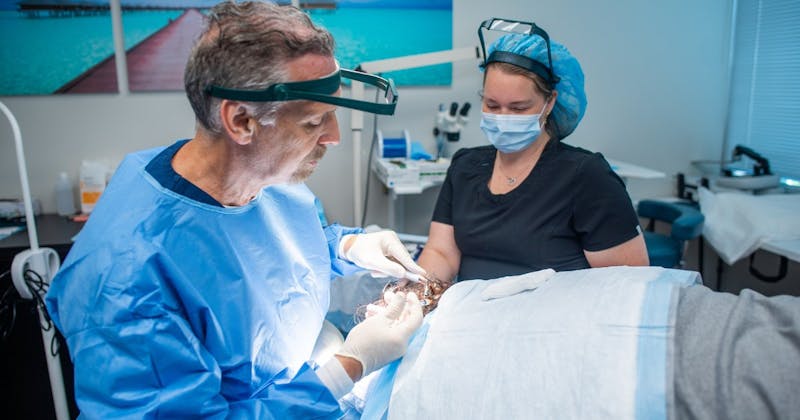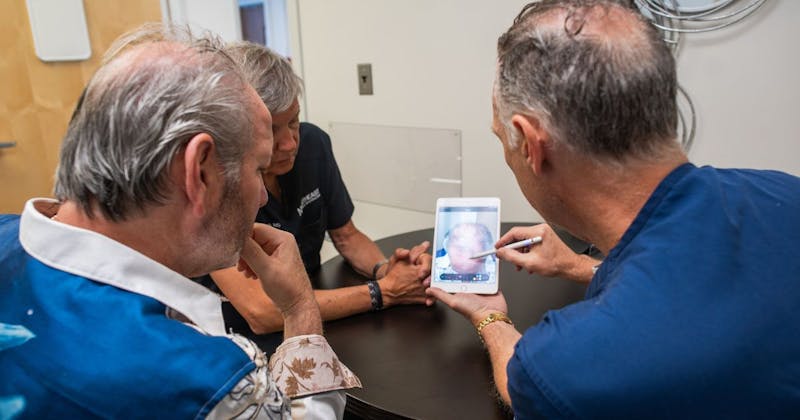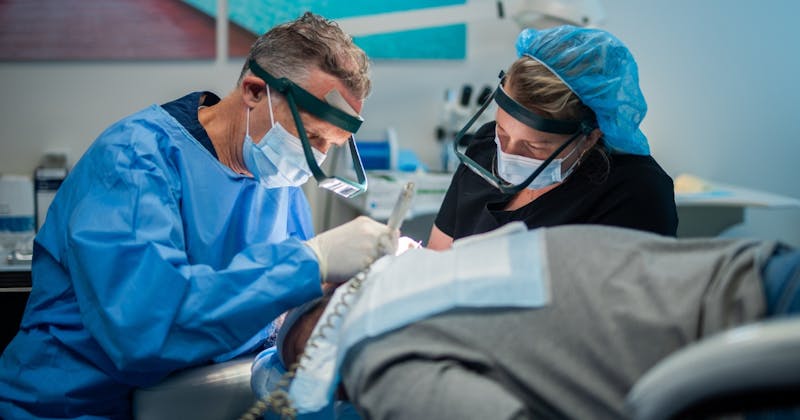Rooted in Results Let’s Get Growing
Hair loss is a symptom. We begin every journey by finding the cause, so your treatment plan isn’t just hopeful—it’s strategic, personalized, and proven to work.
Contact Our Team24
Sep

New techniques and technologies have pushed the evolution of the hair loss treatment industry to new heights. Modern hair transplants have revolutionized an industry that first started out as “plugs” in the 1980s, a primitive approach that has certainly come a long wa...
View More24
Sep

The growing demand for hair loss treatments is showing no signs of stopping. In fact, the global hair growth supplement and treatment market size is estimated to be 7. 73 billion, projected to reach 11. 58 billion by 2030. This surge of interest from both men and women reflects a l...
View More24
Sep

Watching your hairline recede over the years can feel like you're losing a part of your identity, chipping away at your confidence more and more each day. Thankfully, there are options available to you to address these concerns and reclaim your self-esteem. If you’re ...
View More24
Sep

Hair loss affects millions of people worldwide, but luckily the latest advancements in hair transplants continue to offer the most effective and permanent solutions. However, before taking this journey, one question arises for many: Is a hair transplant painful? The general conse...
View More18
Jun

Patients often ask us about the potential benefits of ketoconazole shampoo. Most shampoos are not going to significantly regrow hair, regardless of what they advertise. But ketoconazole shampoo can act as an important part of a broader treatment plan for patients experiencing and...
View More18
Jun

Sometimes, we face particular stressors in life that can have little-known effects. One of those effects is hair loss. Both physical and emotional stressors can cause excessive shedding. This type of hair loss that's brought on by stress is called Telogen Effluvium (TE), af...
View More18
Jun

We truly are what we eat. Our diet can affect physical health, emotional well-being, and oral health. The same can be said for our hair health. Studies have shown a connection between hair loss and diet, prompting many women with thinning hair to improve their diet and experience...
View More18
Jun

ACell is a regenerative medicine approach designed to promote tissue growth and healing. Originally used in wound management, ACell protein matrix can also be used in hair transplantation in conjunction with platelet-rich plasma (PRP), a concentrated serum of the patient's ...
View More18
Jun
PCOS (Polycystic Ovary Syndrome), a common condition affecting the hormones, can cause irregular menstrual periods, infertility, excess hair growth, and acne. PCOS is a hormonal disorder that affects between seven and 10 percent of women of childbearing age, or five to six millio...
View More18
Jun
Increasingly popular PRP hair loss therapy has proven effective for nearly 20 years. If you have hair loss, you may be looking for a solution that is more effective than over-the-counter or prescription medications, topical treatments or oral supplements. You may have heard of so...
View More18
Jun
There are many types of birth control methods available to women, from oral contraceptives and IUDs to implants and injections. They've been around for quite some time, with the goal of managing reproductive health and preventing pregnancy in females. For instance, the &ldq...
View More18
Jun
As women age and go through different life stages, their hair changes. From pregnancy and postpartum to menopause and beyond, it's common for certain periods of our lives to bring a change in the way our hair looks and feels. Some of it is spurred on by hormones; other time...
View More